kidney transplant life expectancy donor
In low-risk patients who do well that. Kidneys for transplant come from a living donor or a deceased cadaver donor.

Long Term Survival After Kidney Transplantation Nejm
After donating their kidney the donor can continue to live a normal healthy life with the one.

. A healthy living person can donate one of their kidneys to your child. Does living donation affect life expectancy. The kidney lasts longer.
Living-donor kidney transplant. When a kidney is transplanted from a living donor the donors remaining kidney enlarges to take over the work. Living donation does not change life expectancy and does not appear to increase the risk of kidney failure.
A living donor kidney functions on average 12 to 20 years and a deceased. On the other hand patients who receive a kidney transplant typically live longer than those who stay on dialysis. Living donor transplants last 15 to 20 years on average compared to 10 to 15 years on average for deceased donor transplants.
A healthy person who donates a kidney can live a normal life with the one kidney that is left but a kidney donor must undergo surgery to remove a kidney and give it to the recipient. Dr Joyce Popoola Consultant Nephrologist and Lead Transplant Physician for Renal Services said. The average lifespan of a kidney transplant from a deceased donor is 11.
Ask your doctor how a. The success rates are higher for those receiving a kidney from a live donor than those receiving a kidney from a cadaver donor. On the other hand I tell patients that they can expect on average 14 to 16 years of function from a kidney that comes from a living donor.
A living-donor kidney transplant is when a kidney from a living donor is removed and placed into a recipient whose kidneys no longer function. Nearly 30 000 live donor kidney transplant surgeries are performed throughout the world each year1 The benefits to the recipients are substantial in terms of improved life expectancy and. Some may last even longer if proper care is taken by the recipient.
On average a kidney from a living donor lasts is known to last about 15 to 20 years. The average long-term survival of kidneys from live donors is 12. Patients in the age.
In general most people with a single. A kidney transplant is a surgery to place a healthy kidney from a living or deceased donor into a person whose kidneys no longer function properly. The kidneys are two.

Living Unrelated Donor Kidney Transplantation Kidney International

Which Renal Transplant Candidates Should Accept Marginal Kidneys In Exchange For A Shorter Waiting Time On Dialysis American Society Of Nephrology

Benefits And Risks Of Becoming A Living Organ Donor American Transplant Foundation
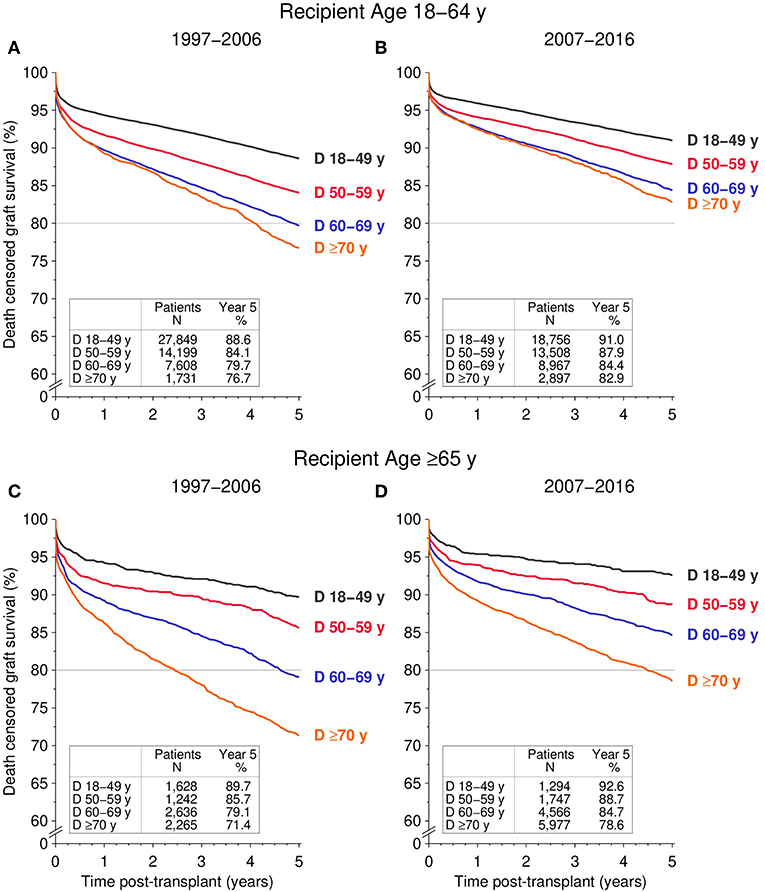
Frontiers Kidneys From Elderly Deceased Donors Is 70 The New 60

A Half Century 3000 Cases Of Kidney Transplant Experiences In A Single Hospital The Longest Registry In Korea Sciencedirect

Global Perspective On Kidney Transplantation France American Society Of Nephrology
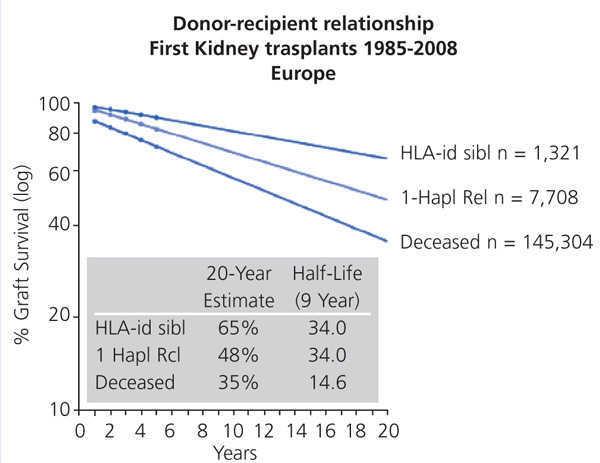
Patient Information When And What Nefrologia
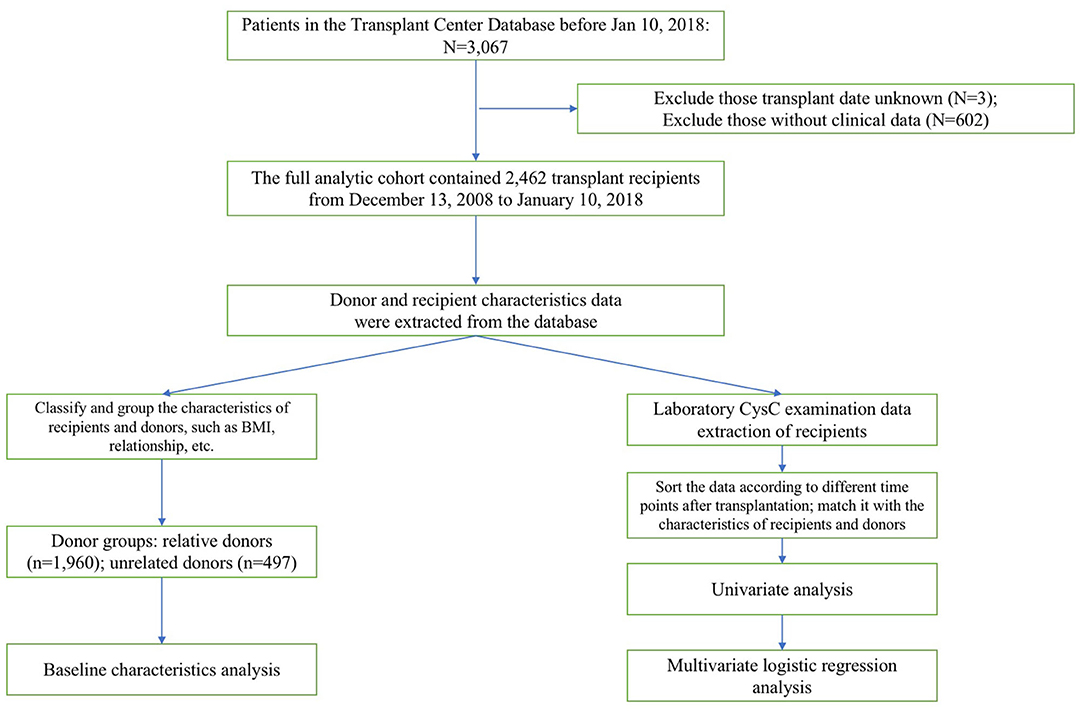
Frontiers Analysis Of Factors Influencing Kidney Function Of Recipients After Renal Transplantation In Southwestern China A Retrospective Study

Living Donor Kidney Transplant Ucsf Benioff Children S Hospitals
The Best Option A Living Donor Living Kidney Donor Search

Cash For Kidneys The Case For A Market For Organs Wsj
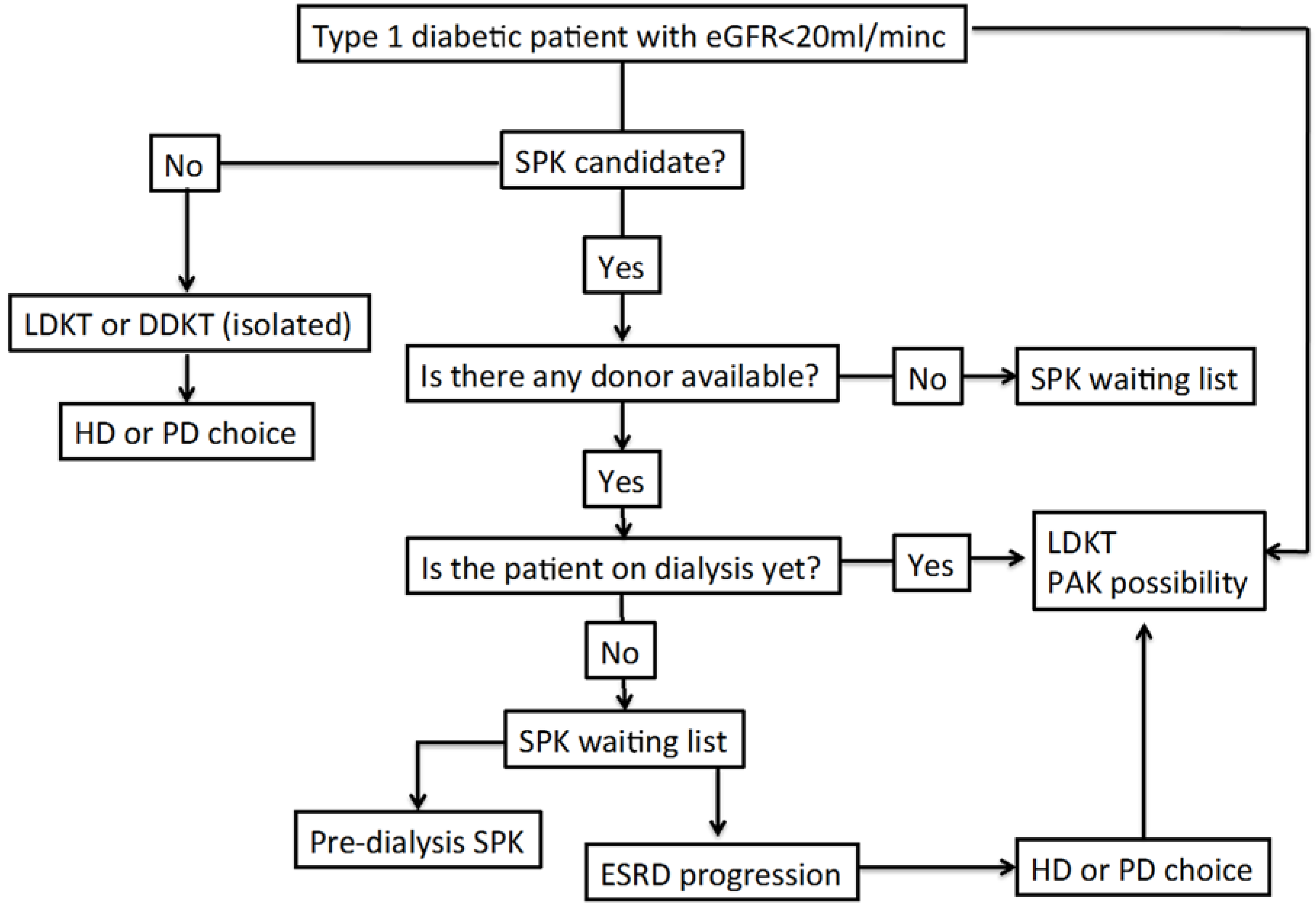
Jcm Free Full Text Kidney Transplantation In The Diabetic Patient Html

How Long Do Kidney Transplants Last And Why Quora
Benefits And Risks Of Kidney Transplant Piedmont Healthcare
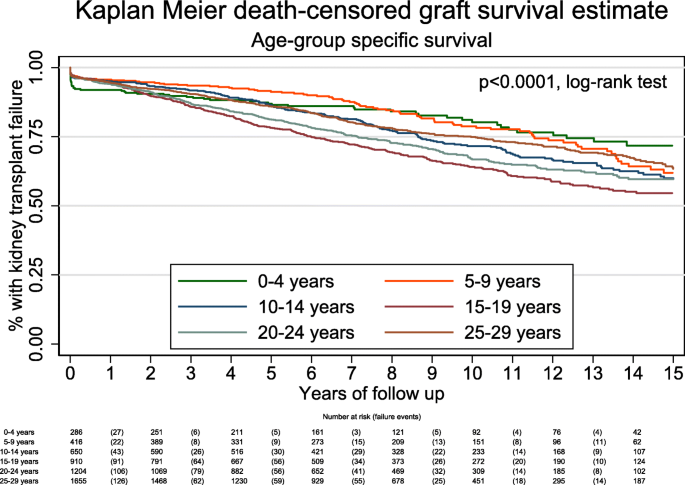
Associations With Kidney Transplant Survival And Egfr Decline In Children And Young Adults In The United Kingdom A Retrospective Cohort Study Bmc Nephrology Full Text

Rochelle And David S Story Donating A Kidney To Her Dad

Living Donor Kidney Transplantation A Review Of The Current Practices For The Live Donor American Society Of Nephrology

Kidney Transplant Methodist Healthcare

Survival Benefit With Kidney Transplants From Hla Incompatible Live Donors Nejm